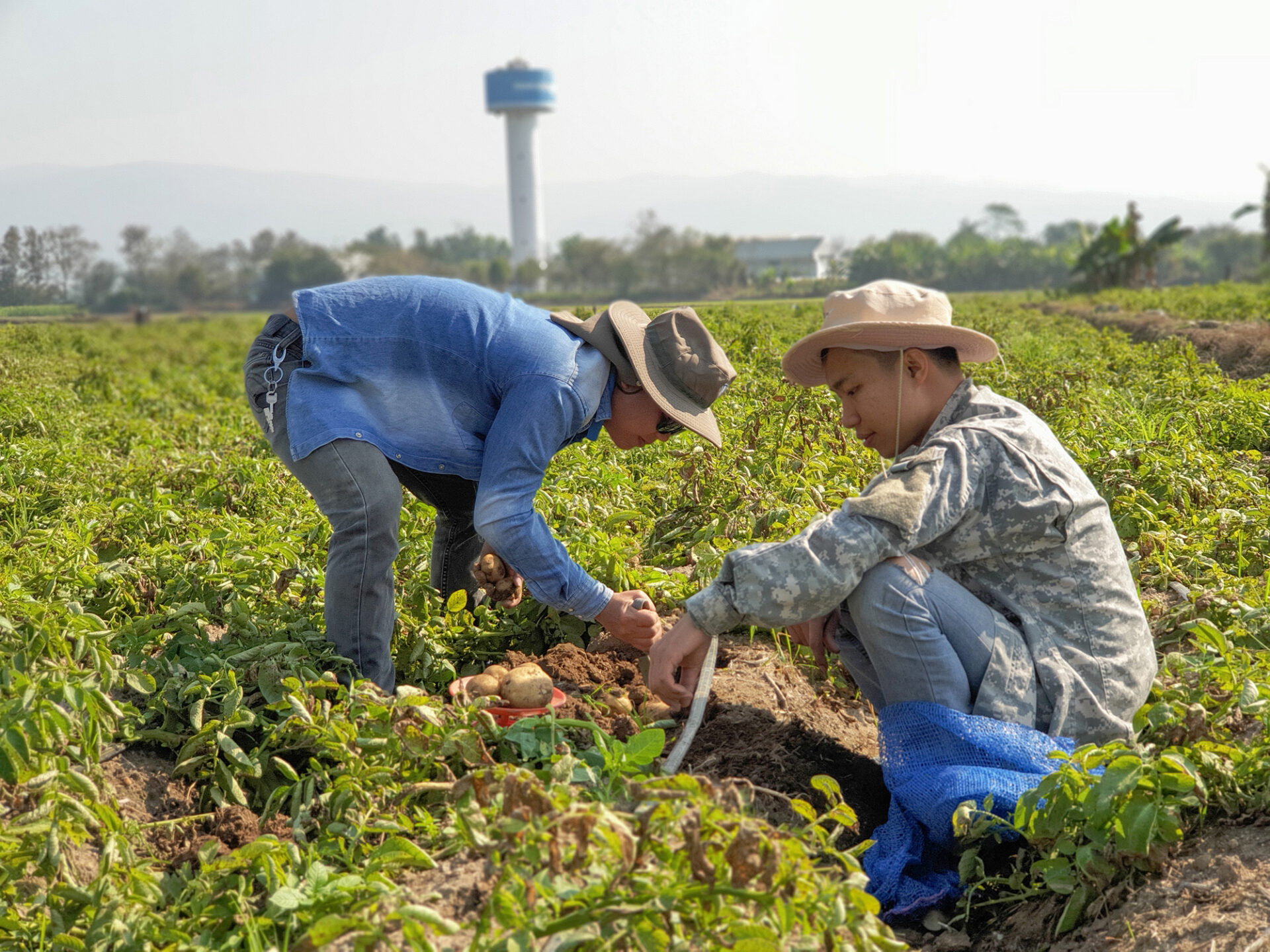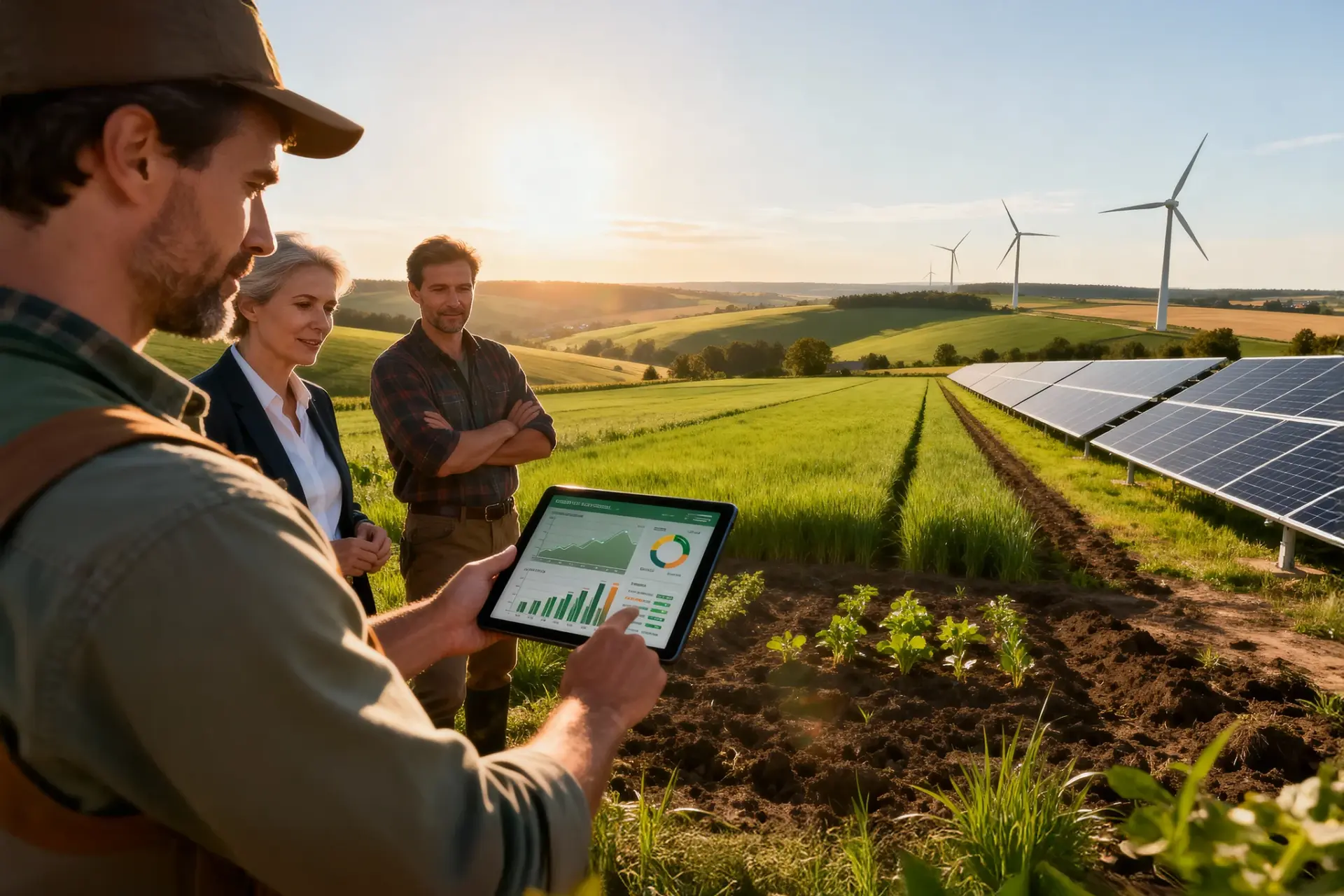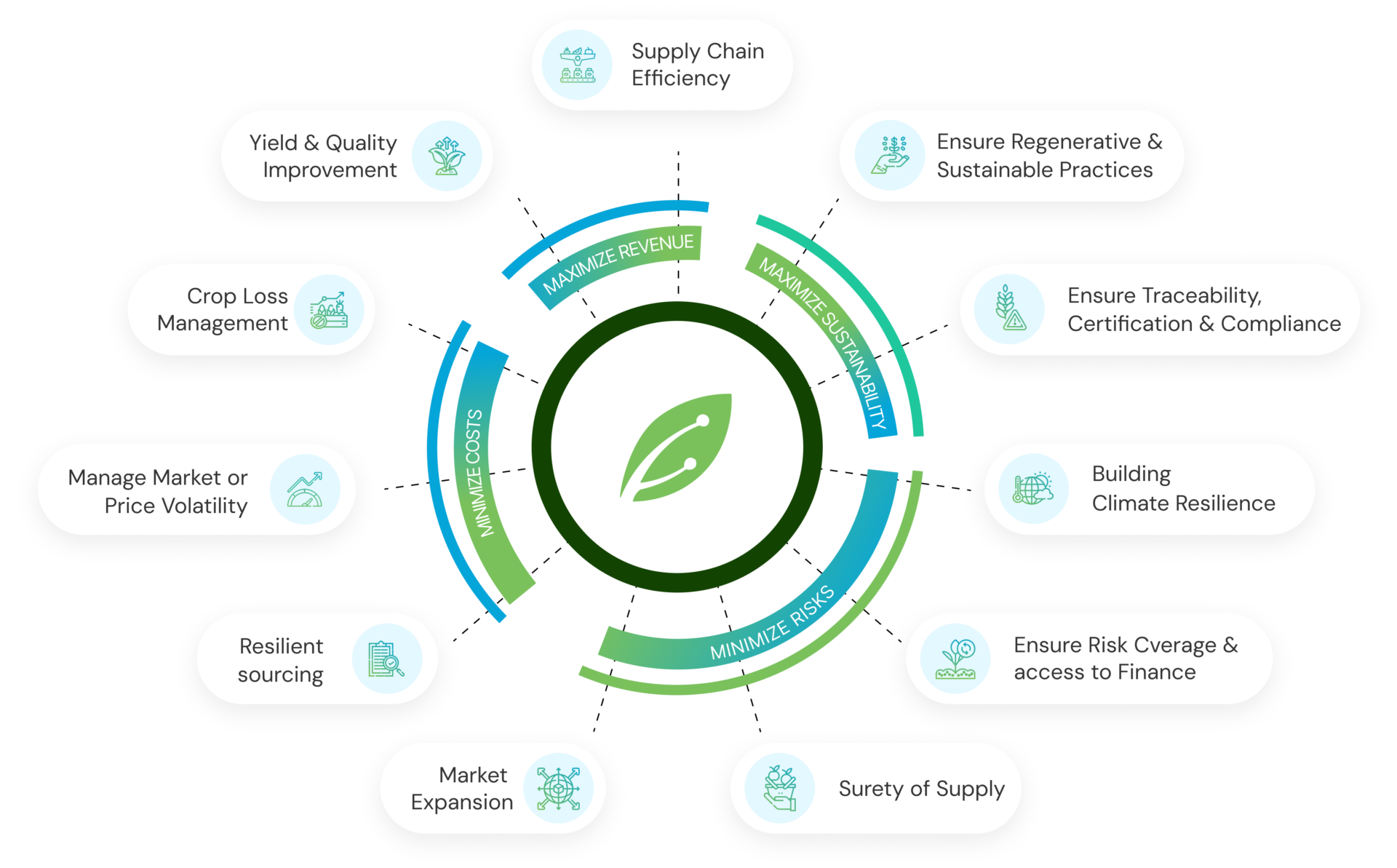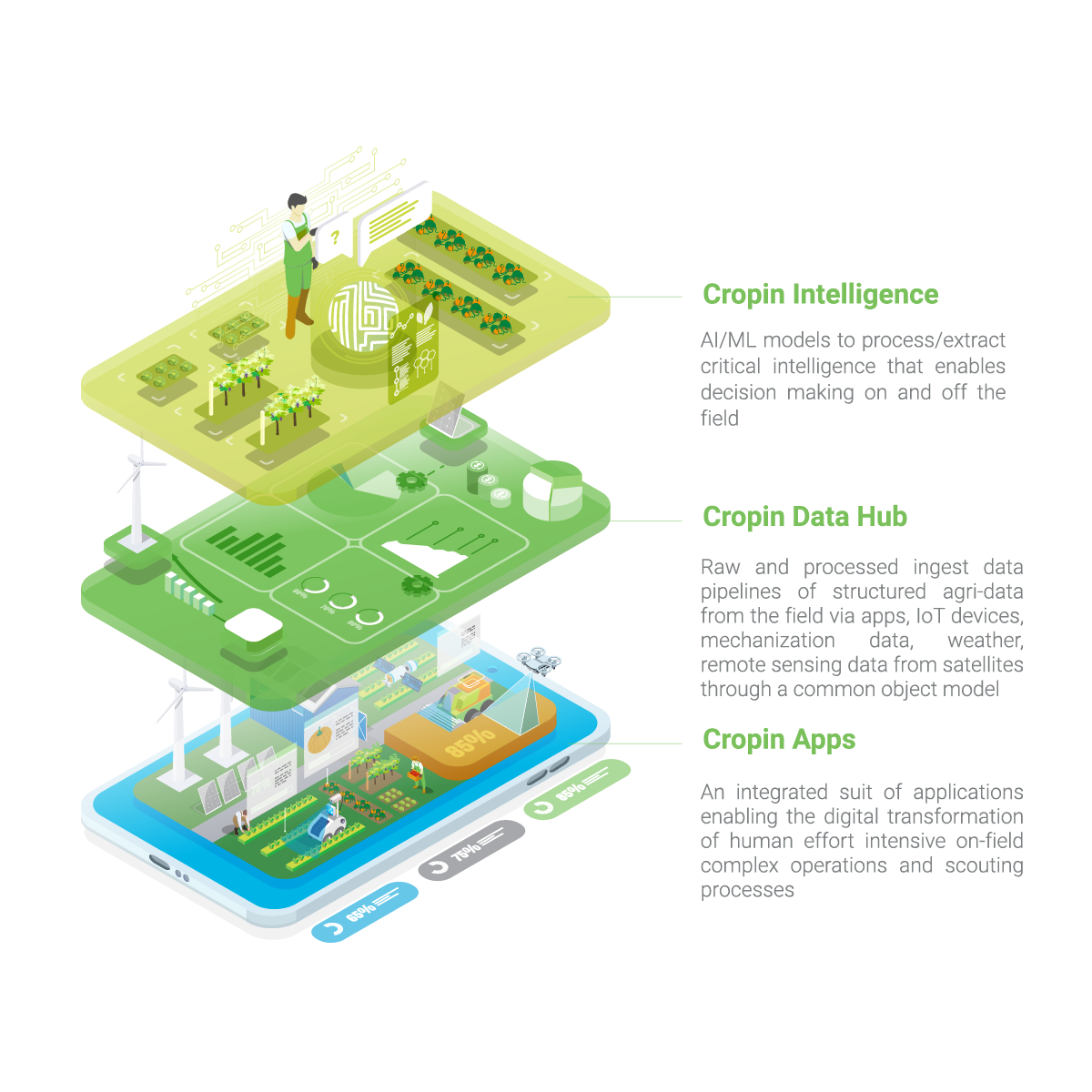
Amid growing climate volatility, supply chain disruptions, and geopolitical tensions, global agrifood corporations like PepsiCo and Walmart are turning to artificial intelligence (AI) to strengthen their sourcing strategies and safeguard production. According to a report by AgFunderNews, these companies are partnering with Cropin, an agtech firm founded in 2010 in India, to deploy digital solutions capable of transforming traditional farming and procurement systems into predictive, data-driven networks.
“To survive, as well as thrive, agrifood companies must reimagine their production and sourcing strategies, and the core of that innovation lies in AI and ML technologies,” said Krishna Kumar, cofounder and CEO of Cropin, in conversation with AgFunderNews.

The executive highlighted how conventional sourcing models are no longer viable amid recurring crises such as cocoa shortages—driven by crop disease and extreme weather—and similar turbulence in coffee and citrus supply chains. “Climate extremes are rewriting the rules of production,” Kumar warned.
Cropin’s AI-powered platform leverages generative AI (GenAI), agentic AI, and large language models (LLMs) to analyze complex crop, climate, and geospatial data. The system translates this data into actionable insights—detecting disease early, forecasting yields, and optimizing irrigation and logistics.
A leading example is PepsiCo’s Lay’s Smart Farm initiative, developed with Cropin to bring “end-to-end visibility” to its potato supply chain across the Asia-Pacific (APAC) region.
In this part of the world, where potato farming depends heavily on predictable monsoon patterns, climate change has destabilized long-established planting cycles. “The only way to farm now is to inspect every single crop every single day,” a Lay’s partner farmer said.
Given the fragmented nature of APAC agriculture—where growers manage small plots scattered across kilometers—manual monitoring is impossible. Cropin’s Smart Farm platform solves this through satellite imagery, remote sensing, and historical data integration, allowing PepsiCo and its network of farmers to identify risks and optimize yields in real time.
By combining AI analytics with field-level data, Smart Farm not only supports PepsiCo’s sustainability goals but also helps smallholder farmers adapt to a rapidly changing environment.
Similar challenges affect Walmart’s fresh produce supply chain, which spans multiple continents and faces constant exposure to climate impacts and geopolitical disruptions.
To mitigate these risks, Walmart partnered with Cropin to deploy an AI-based risk management and yield prediction system. The technology uses real-time GenAI tools to anticipate weather shocks, price volatility, and production fluctuations, allowing Walmart to streamline sourcing and secure supply continuity.

“We are always looking for new ways to innovate, and Cropin demonstrates our bold innovation goals in the agriculture space,” said Kyle Carlyle, Walmart’s Vice President of Sourcing Innovation and Surety of Supply, in statements cited by AgFunderNews.
For Kumar, AI’s potential goes beyond efficiency — it’s a key enabler of sustainable agriculture. He referenced the global cocoa crisis as a case in point, where limited visibility and reactive management led to severe yield losses and farmer hardship.
“This crisis could have been mitigated if industry players had advanced visibility into ground realities, employed early warning models for disease management, and adopted climate-smart practices supported by technology,” said the Cropin CEO.
Kumar argues that AI not only reduces financial losses but also helps companies meet their environmental and social commitments. “The benefits of AI-powered digital solutions in agriculture far outweigh the investments, making them essential for building resilient, profitable, and sustainable agri-food systems,” he told AgFunderNews.
Cropin’s latest frontier is regenerative agriculture, an approach aimed at improving soil health, biodiversity, and water use efficiency. However, scaling it globally remains difficult due to knowledge gaps and limited data.
To tackle this, Cropin partnered with EIT Food’s Regenerative Agriculture Program in Europe, deploying its AI technology to optimize potato production. The pilot project aims for 5% yield growth, 15% pesticide reduction, 5% water savings, and an economic benefit of €410 per hectare.

“By integrating hyper-local climate, soil, and crop intelligence with real-time field data, we give farmers precise, plot-specific advisories—optimizing irrigation, inputs, and residue management while improving soil health and yields,” Kumar explained.
He added that technology is indispensable to scaling regenerative practices: “It gives investors confidence, farmers security, and the planet a fighting chance.”
Cropin’s model for corporate adoption begins with digitizing upstream agriculture—mapping suppliers, standardizing field data, and establishing continuous data flows from satellites, sensors, and scouting apps.
Once this foundation is set, companies can achieve “end-to-end visibility” across sourcing networks. That visibility, in turn, allows AI systems to:

According to Kumar, the biggest barrier remains low technology adoption among farmers. But that, he says, is changing quickly: “Digitizing the crop value chain is now feasible with AI/ML platforms, and it’s the foundation for resilient, profitable, and sustainable supply chains.”
With tools like Cropin’s, agrifood giants are not only protecting their operations but also reshaping the very structure of the global food system—one dataset at a time.
